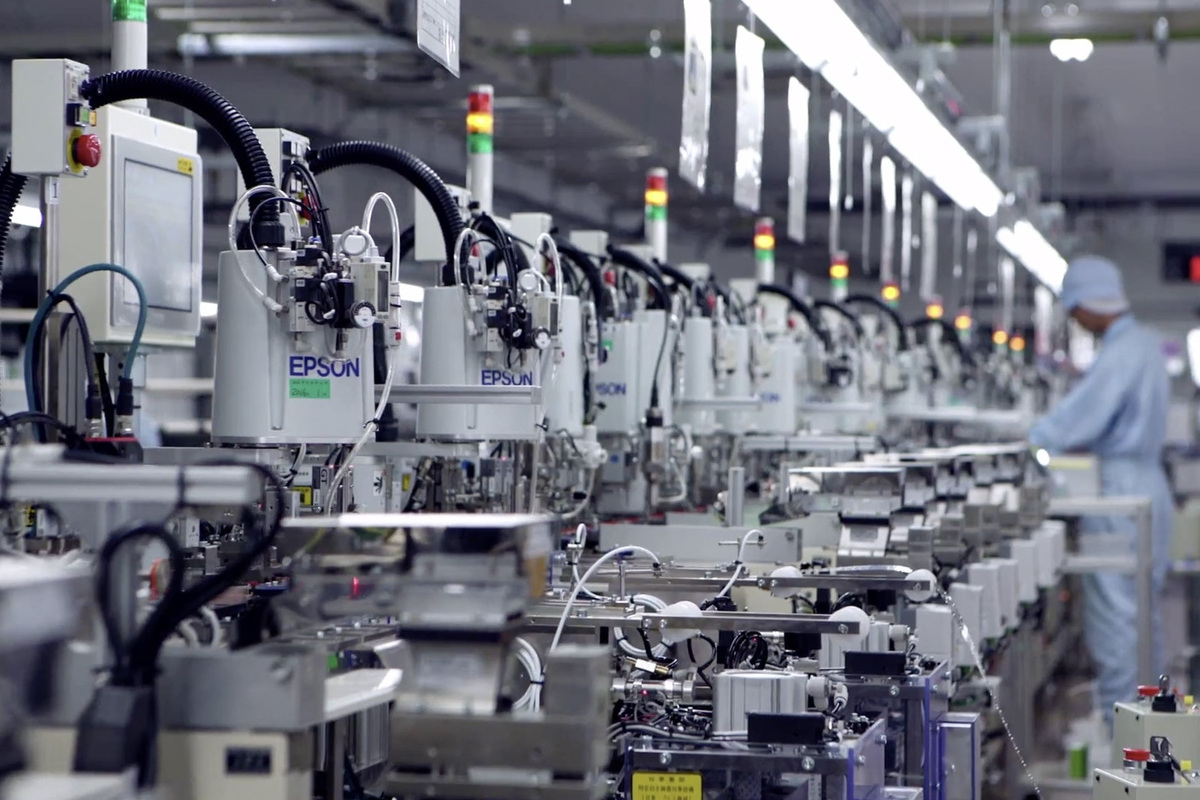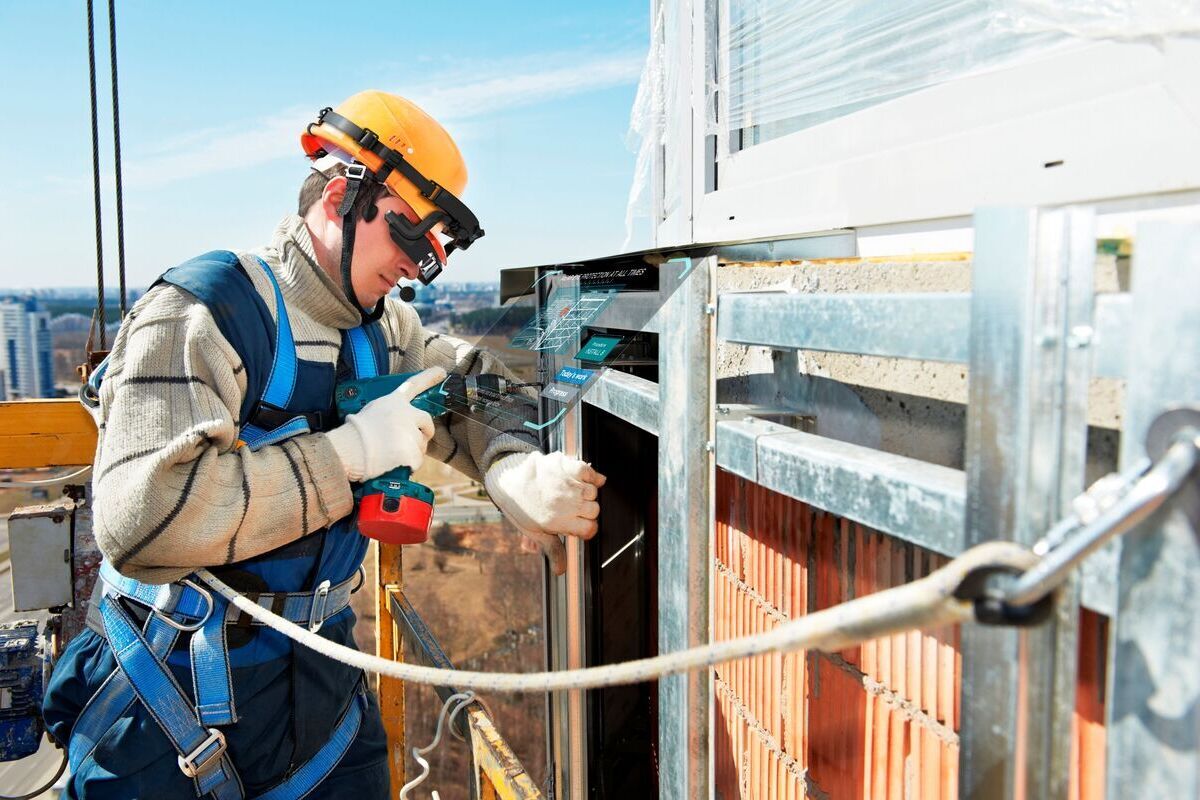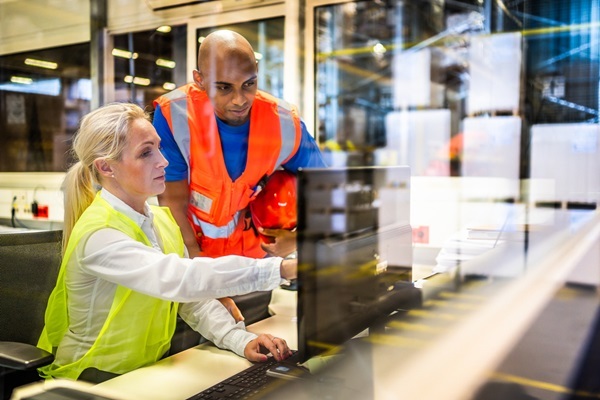What will work look like in 2030?
Sponsored by Epson EuropeYoshiro Nagafusa, President of Epson EMEA, explores the trends that will shape the workplace of 2030 and how businesses can prepare for the future

The world of work and industry has changed immeasurably in the past few years. Remote working and automation have become the norm in many sectors.
Yet the trends bought about by Covid-19, and in its wake, already existed. What happened in 2020 led to an acceleration of developments that were already destined to reshape business environments prior to the pandemic.
While we can’t tell the future, we can form an idea of how we’ll be working, producing and managing in years to come. So, what are these emerging trends – and what are we embracing to help shape the future of work?
Megatrends to watch out for
The ability to adapt to emerging trends and global circumstances can be life or death in the business world. After the past decade, leaders need to be ready for anything and consider how their workforce can prepare for 2030.
First, automation.
From physical automation using SCARA (selective compliance assembly robot arm) robots that manufacture and assemble, to virtual automation using software robots to manage repetitive office tasks, everything that can be automated will be automated. From an industrial perspective, this will be prevalent in techniques such as distributed production. In the office, it will see admin staff redeployed. Robotic process automation and artificial intelligence (AI) will be managing invoices, training and even onboarding staff.
Collaboration follows.
Freed from the drudgery of manual processes and tasks, ideas will be the most important assets of the future. These need to be channelled into real-life innovation, and the only way to achieve that is through collaboration and sharing. What exploded in the pandemic will continue to develop, with new ways to connect and share beyond the limitations of an office block. For example, continued innovation in versatile display tools such as projectors is helping to bridge the gap between people working remotely and those in the office.
Next, sustainability.
The world’s resources are finite and humanity has limitations. This is why sustainability needs to be at the heart of work. It requires that corporations don’t just grow their own business, but elevate others alongside them, investing in communities, start-ups and partners that will lead to greater success.
Epson, for example, is enriching lives and communities by focusing on fair profit rather than excessive revenue growth. It is committed to supporting a sustainable society through open partnerships and co-operations, working with charitable organisations and donating products for use in schools.
Finally, life-long learning.
With the workplace set to change dramatically with automation and digitalisation, and the growth of entirely new industries, skills development and a serious commitment to lifelong learning will be vital to meet the needs of the future.
The emerging workforce will be one that is data-literate, comfortable working with AI and robots and has the initiative to look at what the future demands in terms of skills, so they can keep pace with evolving technology.

Evolution in the workplace
Businesses need to formulate concrete plans now to capitalise on these megatrends and be ready for the workplace of 2030. To achieve this, leaders must focus on building tech-driven and human-centred cultures, spearheaded by purposeful and visionary teams that can drive sustainable business operations.
It’s time for businesses to think about how they incorporate evolving demographics into the workforce. The 21st century has been characterised by a generation that cares deeply about social and environmental issues. Organisations will therefore be held accountable to become purpose-driven rather than profit-driven.
It’s time for businesses to incorporate sustainable strategies and adopt socially responsible practices, integrating environmental, social and good governance (ESG) factors into the goods and services they provide. They need to reassess their impact on the environment as the demand for transparency in ethical and environmental policies increase. This involves rethinking how a company operates, from decarbonisation initiatives to creating a circular economy that minimises the use of resources and waste.
Businesses need to also gain a deeper understanding of the way employees work to better understand how to integrate technology. Most leaders see talent as the largest barrier to the successful implementation of new strategies – notably, those driven by digitalisation and automation. Research suggests that up to 30 to 40 per cent of all workers in developed countries may need to move into new occupations or at least upgrade their skillsets significantly.
A clear solution, instead, is for businesses to look internally and develop talent they already have, developing structures and educational programmes to help systematically place the best-fitting internal employees into future roles.

Businesses that are ready for the future
These are uncertain times. Employers are struggling to define the workplace of the future, employees are worried that the workforce won’t include them and finding and keeping the right people for the job will get harder.
With this in mind, businesses should always be thinking about advancing the frontiers of their industry. There are already examples of companies that have made significant leaps in this direction.
Take Amazon. It pledged $1.2 billion in upskilling and training across several departments. Amazon’s Technical Academy, a training and job placement programme, equips non-technical Amazon employees with the essential skills to transition into software engineering careers.
Another example is Epson. In fact, it invests about €1.14 million in R&D every day and has committed a further €770 million towards sustainable innovation to become carbon-negative and underground resource-free by 2050.
The pressure to change has been building for years. What many feared, and what the pandemic confirmed, is that businesses were designed for a world that is disappearing, and not for a future that will consist of heightened connectivity, unprecedented automation and an increasing focus on people, purpose and values.
The world of work and industry has changed immeasurably in the past few years. And it’s about to do so again.
Find out more about Epson here: www.epson.eu/en_EU/

Business Reporter Team
Most Viewed
Winston House, 3rd Floor, Units 306-309, 2-4 Dollis Park, London, N3 1HF
23-29 Hendon Lane, London, N3 1RT
020 8349 4363
© 2025, Lyonsdown Limited. Business Reporter® is a registered trademark of Lyonsdown Ltd. VAT registration number: 830519543





